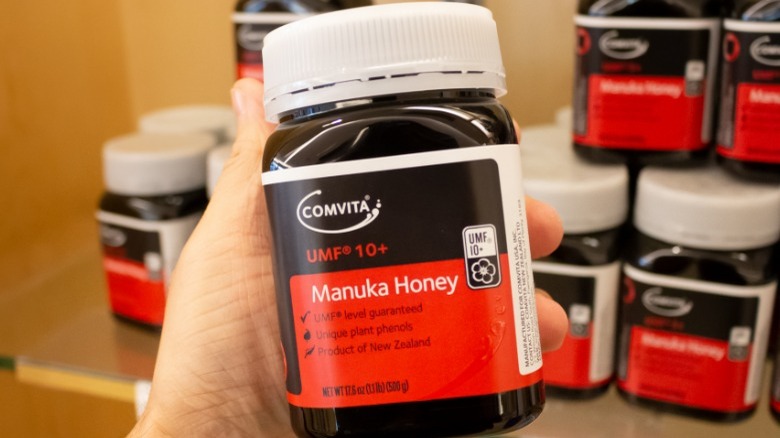If you’ve ever had an oral health issue, you’re not alone. Gum disease affects some 46% of Americans 30 years and older, according to The Centers for Disease Control and Prevention (CDC). Additionally, 26% of American adults experience untreated tooth decay.
Gum disease, or periodontal disease, results from bacteria commingling with mucus and other particles in your mouth to form sticky plaque on your teeth that can harden into tartar, which ultimately impacts your gums. By the time tartar has formed, don’t bother trying to remove this hard deposit with your toothbrush. You’ll need to see a dentist to undergo professional teeth cleaning to get it removed. However, practicing good oral hygiene, such as brushing and flossing regularly can help prevent the development of tartar, per the experts at the National Institute of Dental and Craniofacial Research. Symptoms that you may have gum disease include persistent bad breath, gum tenderness or bleeding, and sensitive or loose teeth, among others.
Besides bad hygiene, certain medications such as decongestants, painkillers, antidepressants, and other drugs, could lead to gum disease and other oral health issues because they have the potential to hinder saliva flow. Saliva is a vital component of a healthy mouth because it washes out microbes that can lead to severe gum issues. Serious gum disease can lead to other health issues such as cardiovascular disease, pneumonia, and pregnancy complications, per Mayo Clinic. In addition, health conditions like diabetes, HIV/AIDS, osteoporosis, and Alzheimer’s disease can create a greater risk to gum health.
Manuka honey may be another way to support oral health

If you’re already a good brusher and flosser but looking for more ways to support your oral health, you may want to consider trying manuka honey.
Honey has been used as a health treatment for centuries, with the ancient Egyptians and Greeks using it to treat wounds and certain diseases. Though medical experts hesitate to recommend it due to a lack of scientifically backed evidence, honey seems to have antioxidant effects on various health issues, according to the Iranian Journal of Basic Medical Sciences.
And you have the bees in New Zealand and Australia to thank specifically for producing manuka honey, which the experts at WebMD report contains anti-inflammatory elements that can treat inflammation and pain. The antibacterial qualities of manuka honey are due to high hydrogen peroxide content and methylglyoxal (MGO), another important compound. However, not all manuka honey may have the same potency. Consequently, honey producers created a system called the Unique Manuka Factor (UMF) scale to determine a manuka honey product’s therapeutic potential, though medical professionals question the validity of UMF ratings, per WebMD.
While more research is needed, studies suggest that one of the ways you can use manuka honey for health purposes is to prevent gum disease. For instance, sucking on a manuka honey chew was found to be more effective in reducing plaque and bleeding gums than chewing sugar-free gum, per Cleveland Clinic. To include manuka honey in your oral hygiene routine as a preventative measure, try adding it to toothpaste or rubbing it directly onto your gums, per Apple Springs Family Dentistry.